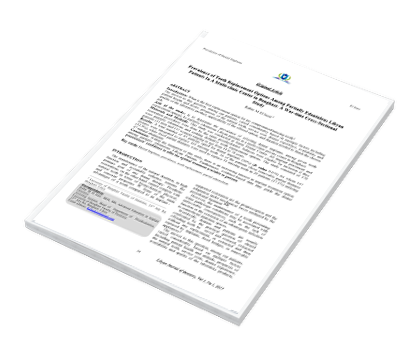Prevalence of Teeth Replacement Options Among Partially Edentulous Libyan Patients In A Multi-clinic Center in Benghazi: A War-time Cross-Sectional Study
DOI:
https://doi.org/10.37376/ljd.v1i1.1806Keywords:
Dental Implants, prevalence, tooth replacement, partial edentulism.Abstract
Introduction: What is the best replacement option for my compromised/missing tooth?
The answer to this question, among our patients, varied considerably based on multiple factors including
patient health and desire, prognosis of the natural teeth, service cost, dentist experience, availability and
quality of the laboratory product, applicability of the offered option, and duration needed to finish the chosen
job.
Aim of the study: Is to determine the prevalence of selecting dental implants, among given teeth
replacement options, by partially edentulous Libyan patients in a multi-clinic private center in Benghazi.
Materials and Methods: This study was conducted at Sama Dental Center. All implant placement and
restoration procedures were done by the same prosthodontist. Subjects were eligible for inclusion if they
were partially edentulous and seeking definitive teeth replacement options. The study consisted of 170
patients (33 men and 137 women) ranging in age from 18 to 78 years.
Results: A total number of 85 patients opted for dental implants (50%) (P. value 0.079) for whom 147
fixtures were integrated to replace 161 missing teeth. 56 of the patients chose removable partial dentures
(32.9%), while fixed partial dentures were used to replace 31 missing teeth in 29 patients (17.1%) utilizing
47 natural abutments.
Conclusion: Within the limitation of this study, there is an increasing interest in implant treatment option
among partially edentulous Libyan Patients. Furthermore, evidence-based data may guide the dental
practitioners’ confidence to offer the optimal treatment available to patients.
Downloads

Downloads
Published
How to Cite
Issue
Section
License
Copyright (c) 2022 Libyan Journal of Dentistry

This work is licensed under a Creative Commons Attribution-NonCommercial-NoDerivatives 4.0 International License.







